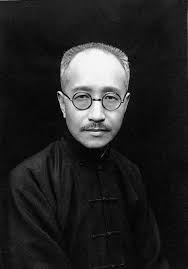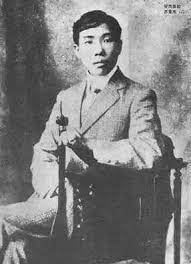Chang T'ai-lei ( 1 898-December 1927), Communist martyr, was known principally for organizing the Canton Commune of December 1927; he was killed in the fighting. A native of Wuchin, Kiangsu, Chang T'ai-lei attended the Ch'angchou Middle School, where he was a classmate of Ch'ü Ch'iu-pai (q.v.), but, like Ch'ü, he left school before graduation. In […]






